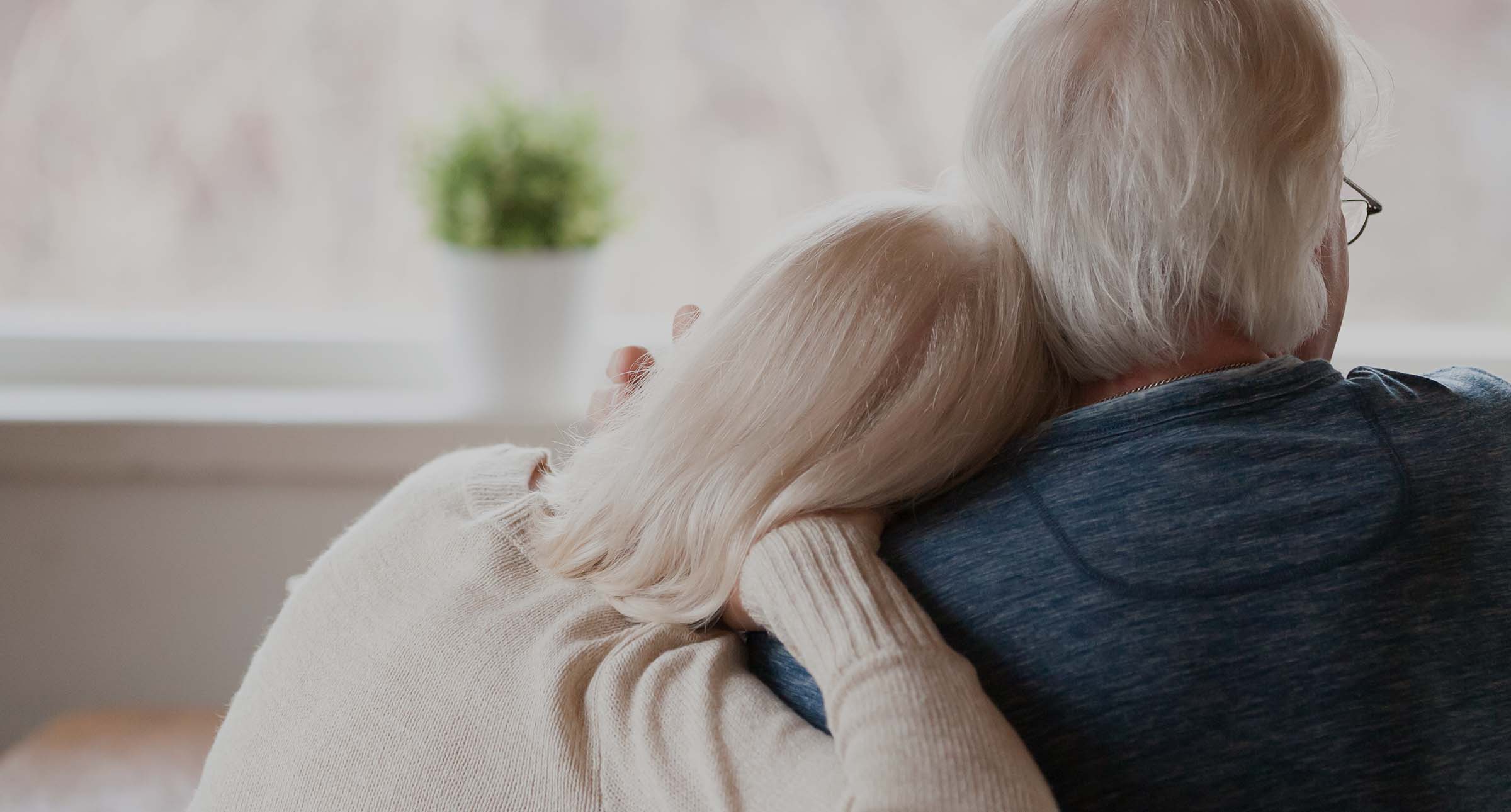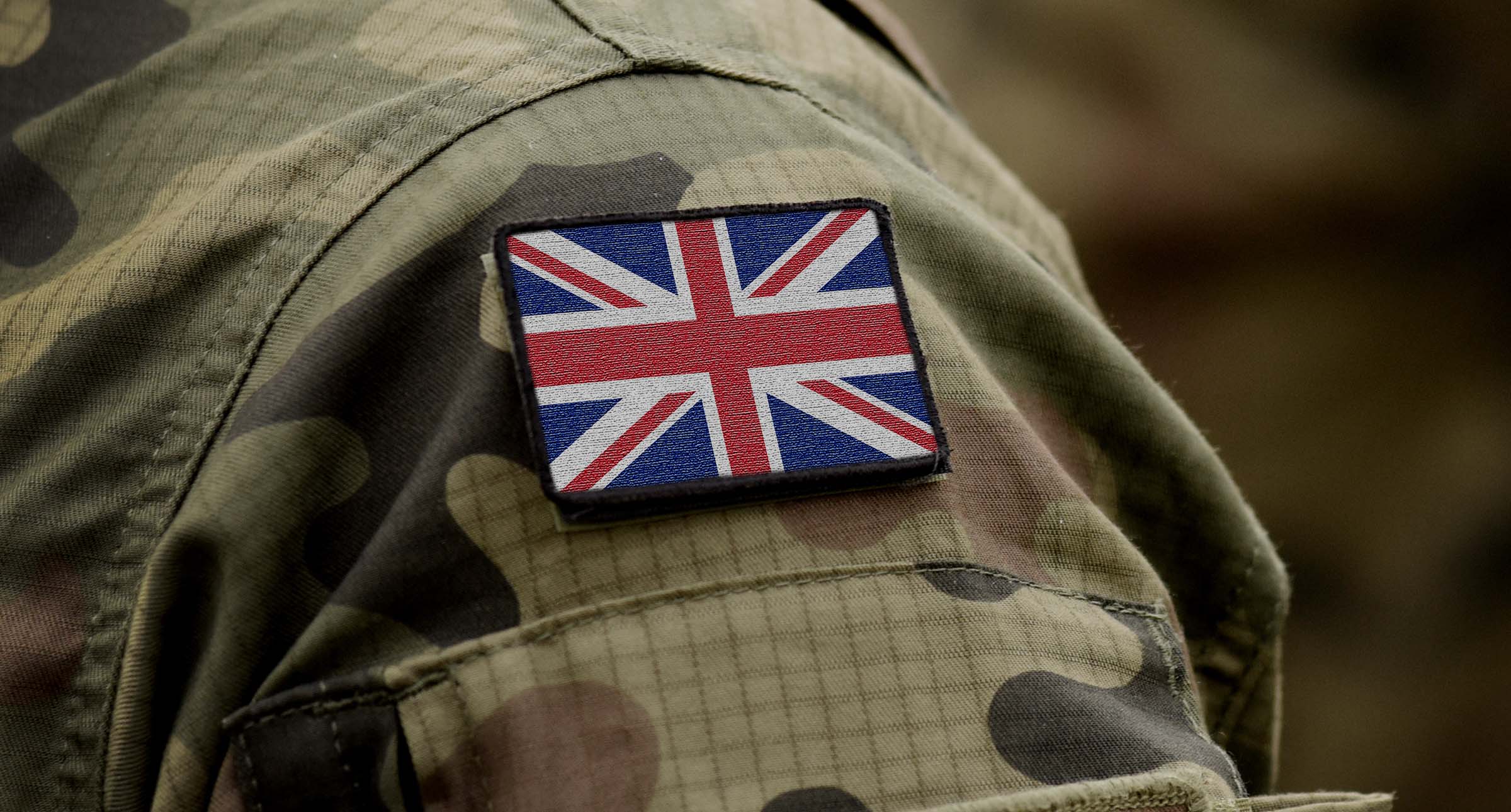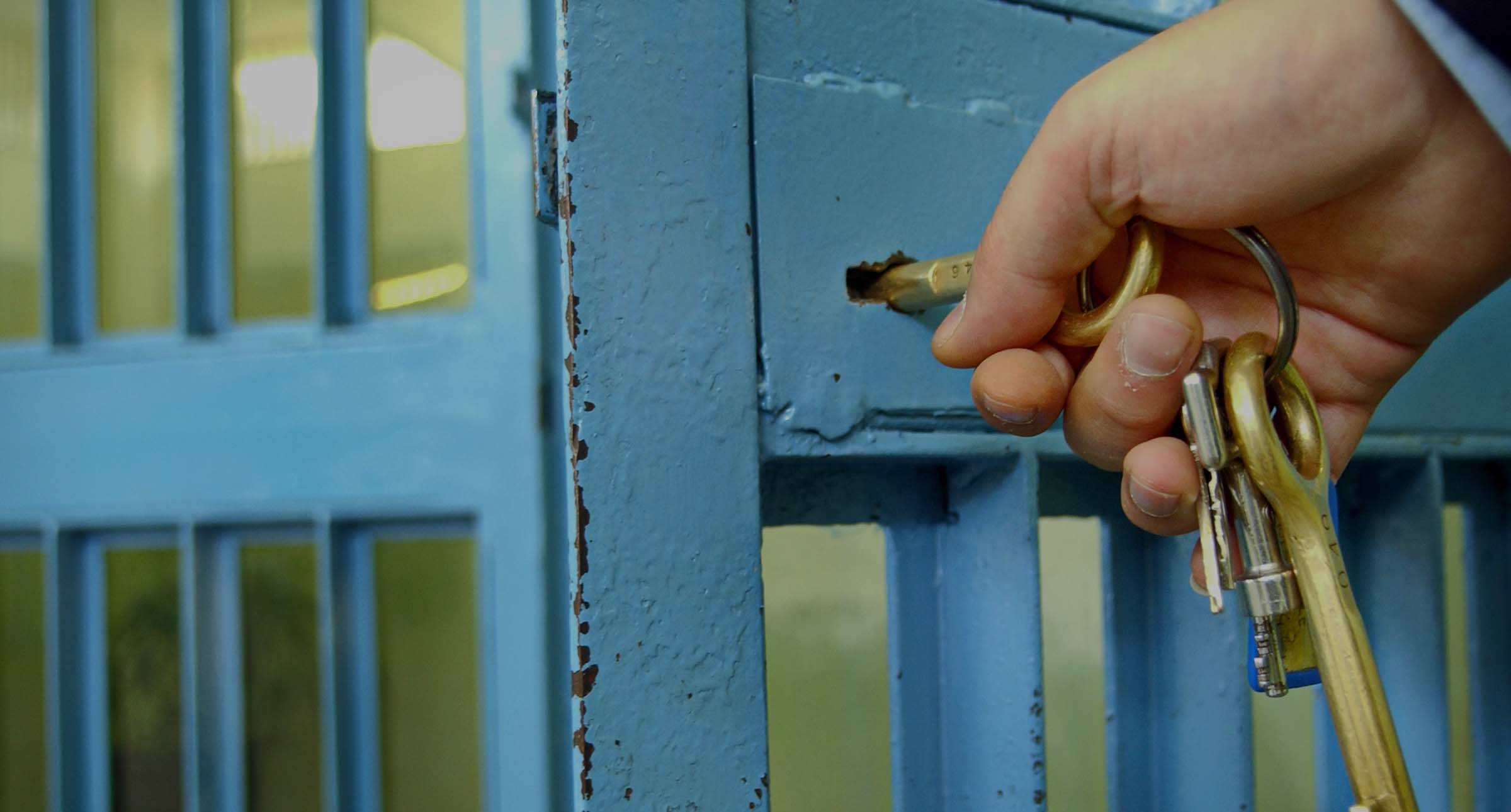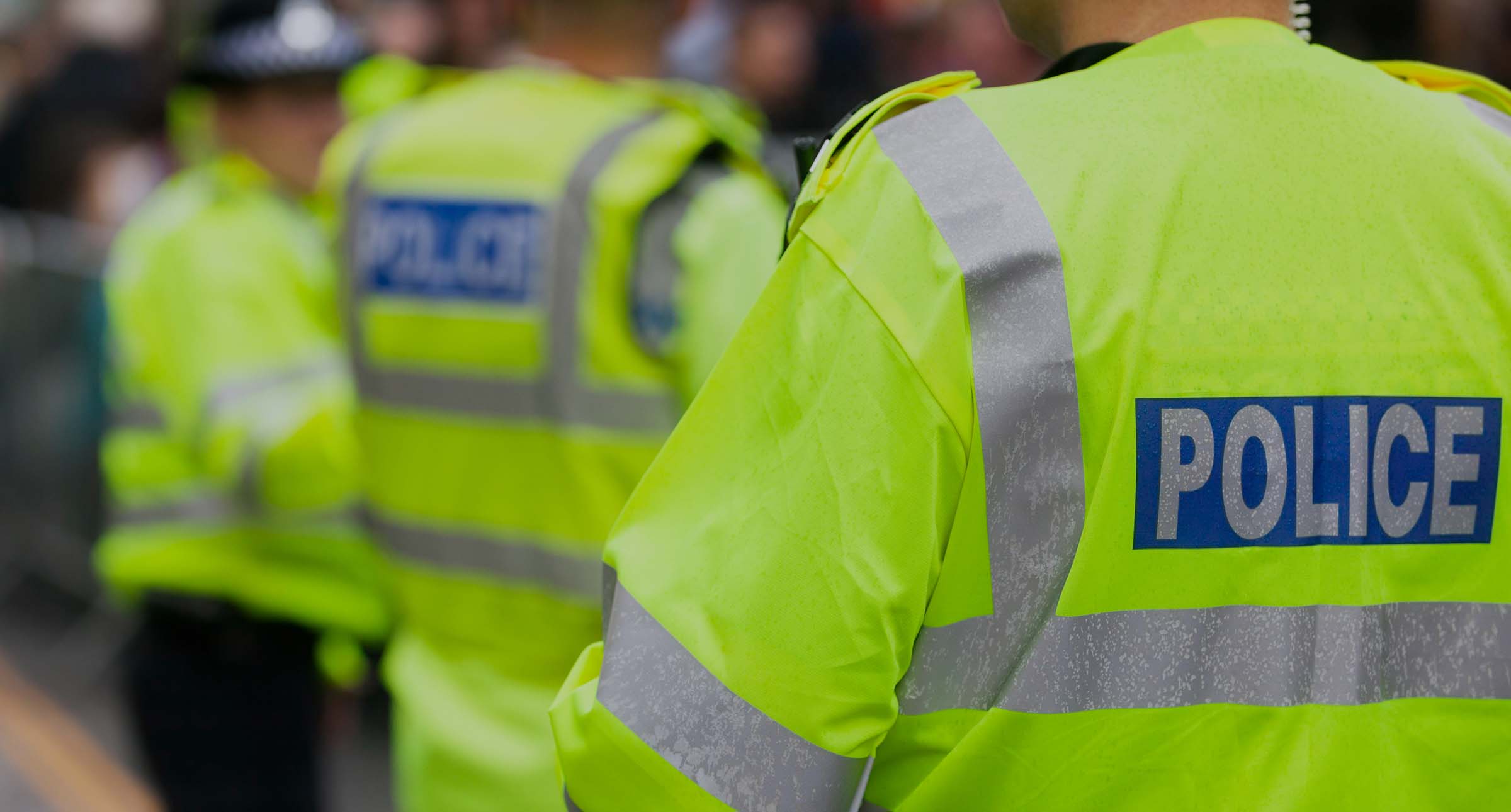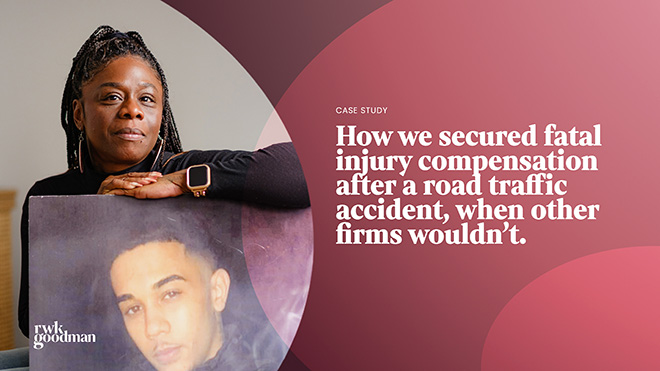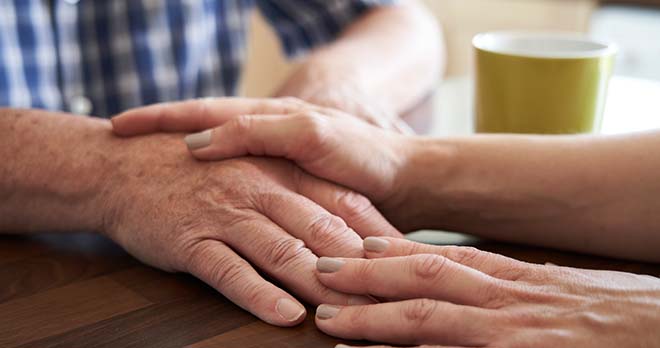

Inquest support for a death involving mental health treatment
The death of a loved one following contact with or when resident in a mental health facility can be a truly devastating time. You are likely to have many unanswered questions about how they died following assessment or treatment.
Contact us to find out more about our inquest support
Here for you when your loved one has died in mental health care
You want to know why your loved one was not kept safe by those entrusted to look after them, particularly when that is often the very reason they were there in the first place.
Examples include:
- where a patient has absconded from a unit because they were not observed properly or the unit was not appropriately secure, which ultimately resulted in their death
- where the death occurs on a ward or in a unit due to failures in properly assessing their risk level or through issues with frequency or quality of observations
- death arising through misdiagnosis or inappropriate treatment
- deaths arising as a result of another patient’s conduct or violence
- apparent suicide whilst detained under a mental health section
- issues with medication, for example inappropriate prescriptions or drugs.
An ‘Article 2’ inquest will be held where the death occurred whilst under a formal mental health section, and will also often be held where someone has died without a formal section. For example, when your loved one was attending on a voluntary basis, when they were recently discharged from a facility, or when they were under the care of community mental health services.
Inquests into the death of a loved one who suffered from mental health problems, whether acute or long-standing, often include the disclosure of large volumes of medical and psychiatric records, drug charts and witness statements from various health professionals. Our inquest specialists are experienced in dealing with inquests of this kind and can guide you through the process, advising you on each stage.
We can also advise you on bringing a claim for compensation after the inquest (or if an inquest was not held for any reason).
Our specialists understand that this is a distressing time for you and we work to share the burden of the legal proceedings as much as we possibly can.
We can also help put you in touch with specialist organisations that can provide further support during this difficult time. By way of example, we work closely with charity INQUEST, who provide an invaluable source of support and information where someone has died in a mental health setting.
There’s no obligation to instruct a solicitor for an inquest; you can represent yourself if you wish. However, there are many benefits to having a solicitor represent you, particularly where the hospital/treatment provider is likely to have legal representation.
We strongly urge people to consider specialist legal representation for an inquest in all but the most straightforward and uncontroversial deaths.
The formalities and procedure of an inquest hearing are likely to be a daunting prospect for the family of the deceased, particularly whilst grieving for the loss of their loved on; having your own lawyer fighting your corner will ease the burden.
Furthermore, the other Interested Parties are likely to be far more familiar with the process outlined above and will also have their own legal teams acting for them. This can mean that family members who represent themselves feel intimidated and ill-prepared when faced with experienced advocates.
There are a number of ways to obtain legal representation at an inquest, many of which come at no cost to you.
Where Article 2 is engaged, it is likely that Legal Aid public funding will be available to help fund representation and legal advice free of charge. For more information please call us, without cost, to discuss it further.
It is always best to call us, so we can offer tailored advice about which options are available and which may be best for you.
You may just be seeking answers, in which case we can help you to fully investigate what happened to your loved one, seek an apology, and strive to ensure this doesn’t happen to someone else.
However, if negligence caused the death of someone close to you then financial compensation may also be sought. This can help you to cover the cost of expenses as a result of the death, for example funeral expenses, and to ensure that future costs are covered; such as loss of earnings, pensions, and childcare support.
J suffered from long term PTSD. He attended hospital and advised staff that he was suicidal. He was not taken seriously and was asked to leave. No psychiatric assessment was undertaken and J was removed from the hospital by security guards.
Shortly after, J was taken back to the hospital by two concerned members of the public who found him near the hospital grounds. Again, he was told to go home and he was not properly assessed or given advice. Sadly J took his own life very shortly after this, in particularly distressing circumstances.
The inquest found that neglect on the part of the hospital had contributed to J’s suicide.
Following the inquest we secured an admission of liability from the hospital trust and a letter of apology for the family. We were also able to act for J’s family in a clinical negligence case to obtain compensation for them.
B suffered from depression and anxiety. When her condition began to worsen she sought additional support, whereupon the local NHS Crisis Resolution team became involved in her care. However, her progress was inconsistent.
Despite this lack of progress, B was discharged and referred to the Mental Health Service. Over the following days, B contacted both teams and said that she was feeling suicidal but they failed to assess her or to arrange any follow up or other support.
Sadly, B took her own life on a train track prior to her receiving a response from either of the mental health teams.
We were able to support B’s family throughout the inquest process, and to ensure their concerns were heard and addressed. Following the inquest we advised the family in relation to a claim against the Trust and obtained damages for them for the failings of the mental health teams.
How can RWK Goodman help you?
Our dedicated inquest team will fight on your behalf and guide you through the process, making it less daunting and ensuring that you get the best possible outcome.
Even if no inquest takes place, you may be able to bring a claim for compensation where negligence has caused or contributed to the death of your loved one. See our fatal claims page for more information.
- Independently accredited, top ranked firm
- Trusted experts in inquests
- Supportive and understanding
If you would like to speak to our team, please contact us on
Meet our inquest team
Insight from our legal specialists
View more articles related to Inquests and Fatal Claims

